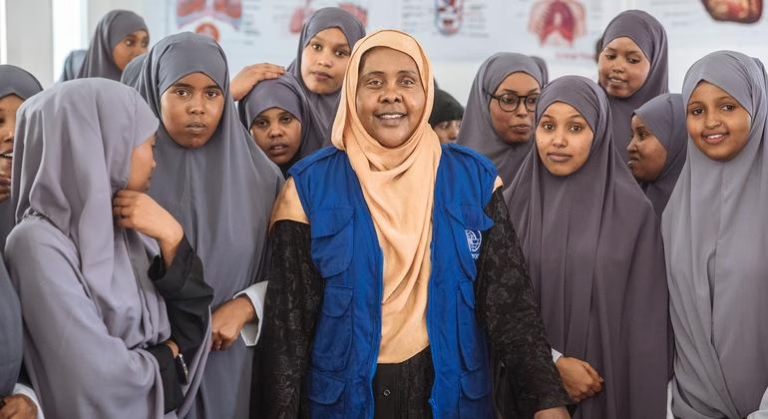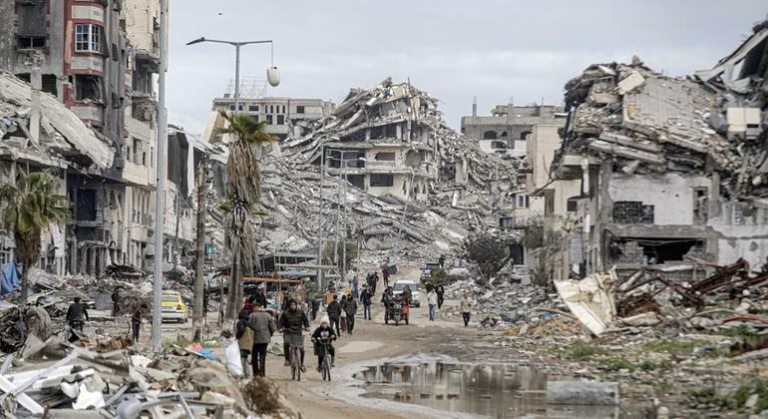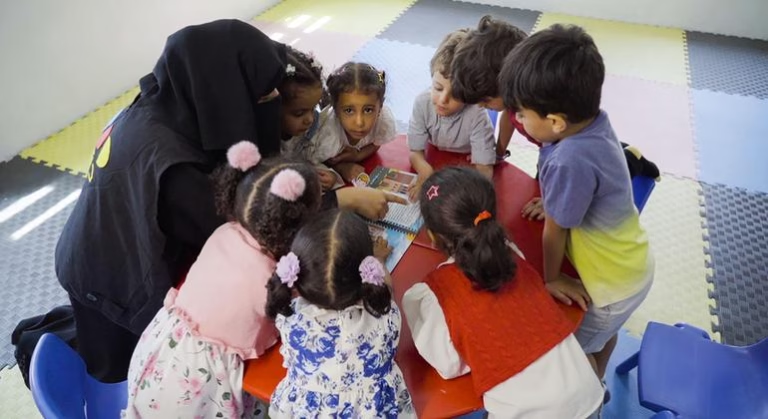The initiative aligns with UN Secretary-General António Guterres’ longstanding assertion that “moving beyond GDP is fundamental to building an economic system that gives value to what counts – human well-being – now and in the future, and for everyone.”
While GDP is the standard for judging economic development, it was not intended to encompass the overall well-being and progress of a nation. It also fails to value human, social, or natural capital, as explained by Özge Aydogan, Director of UN Geneva’s Beyond Lab, which focuses on social innovation and sustainability.
Ms. Aydogan noted that GDP measures these aspects poorly or not at all, and the “Beyond GDP” movement aims to transition from an extractive economy, where capital is created for economic purposes benefiting few, to an economy that truly benefits people and the planet.
Government officials, researchers, and sustainability thought leaders are brainstorming to include untapped human capital, natural resources, and well-being in future calculations of a country’s wealth.
While policymakers have yet to agree on the specifics of a post-GDP economy, Ms. Aydogan envisions a regenerative economy—one that creates wealth through untapped virtual assets and considers other wealth-creating assets like natural resources—by 2050.
GDP is not a reliable indicator of sustainability and can increase after environmental disasters due to cleanup operations, as seen in the BP Deepwater Horizon oil disaster. Research shows that GDP alone cannot guide us towards a sustainable future.
Alternative economic metrics, such as Bhutan’s Gross National Happiness index and the Human Development Index, have been proposed to evaluate the development and well-being of a nation more holistically.
Nathalie Bernasconi of the International Institute for Sustainable Development (IISD) argues that GDP must be complemented by other measures and that change-makers must translate scientific evidence into national policies.
Ambassador Matthew Wilson of the Permanent Mission of Barbados to the UN in Geneva supports calls to reform GDP and recommit to multilateralism to solve issues like debt and development assistance.
Politicians may eventually shift away from focusing solely on GDP growth, driven by the fact that the current economic model is not viable, as exemplified by hitting planetary boundaries.
Discussions will continue at the International Conference on Financing for Development in Seville, Spain, and the World Social Summit in Doha, Qatar.
Source: https://news.un.org/feed/view/en/story/2025/03/1161711









